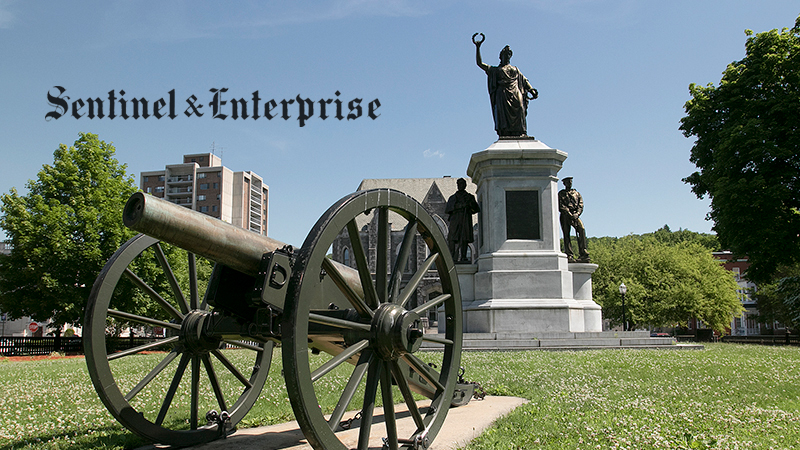Politics
Examining Free Speech: Why We Rally for Comedians, Not Journalists

As discussions around free speech gain momentum, a noticeable discrepancy emerges in the public’s reaction to pressures faced by entertainers versus journalists. Recent events surrounding comedian Jimmy Kimmel have ignited conversations about the First Amendment, prompting many to express their concerns. Yet, this newfound urgency raises questions about the lack of similar outcry when journalists face similar pressures.
The recent suspension of Kimmel’s late-night show due to corporate decisions has sparked immediate outrage. Many who rarely engage in discussions about the First Amendment are now vocal, sharing articles and memes online. This collective response highlights a societal shift, where personal connections to entertainers amplify feelings of injustice. In contrast, the struggles of the press often seem like abstract issues. Many individuals remain indifferent to the erosion of press freedom, viewing journalism as a flawed industry rather than a crucial public service.
This disconnect stems from a broader decline in local news, which has weakened the connection between communities and their reporters. As trust in journalism dwindles, the public increasingly perceives the press as a private entity rather than a guardian of democracy. Consequently, when corporate entities respond to government pressures by altering coverage, the outrage is muted compared to the immediate backlash faced by entertainers.
Reflecting on the situation at The Washington Post, the decision by new ownership under billionaire Jeff Bezos to cancel the paper’s endorsement of Kamala Harris during a pivotal moment in the 2024 presidential election drew significant criticism. Staff members described this action as a capitulation to political pressure and warned of its implications for democracy. Despite the seriousness of these concerns, much of the public ire was directed towards the newsroom rather than the ownership or the political forces behind the decision.
In contrast, the public’s response to Kimmel’s suspension was swift and targeted. Calls for boycotting Disney, the parent company, highlighted a clear recognition of political interference. Yet, similar calls for accountability regarding ownership decisions that affect news coverage have been notably absent. This disparity suggests that while speech may evoke personal feelings, the press appears more abstract and distant.
The implications of this divide are alarming. Freedom of the press is enshrined alongside freedom of speech in the First Amendment, yet its erosion fails to elicit the same fervent reaction. As public sentiment rallies around entertainers facing censorship, the plight of journalists remains overlooked, despite the alarming trend of diminishing press freedoms.
Wafa Unus, an associate professor of journalism at Fitchburg State University, emphasizes the importance of recognizing the interdependence of speech and press rights. Both are essential for fostering public debate and democratic discourse. Without defending the press as a vital institution, society risks allowing both rights to erode unnoticed.
The disconnect between public reactions to entertainers and journalists reveals a troubling pattern. The challenges faced by journalists are often more severe, sometimes resulting in fatal consequences for those who stand up for truth. While the public mobilizes in support of comedians, it is crucial to extend that solidarity to journalists who have long been sounding alarms about threats to press freedom.
To ensure the health of democracy, it is imperative to treat journalism as a public trust rather than merely a private business. As the lines between ownership, politics, and the press continue to blur, the public must recognize its stake in the journalistic landscape. Failure to do so may lead to a future where the erosion of both speech and press rights goes unnoticed until it is too late.
-

 Lifestyle4 months ago
Lifestyle4 months agoLibraries Challenge Rising E-Book Costs Amid Growing Demand
-

 Sports3 months ago
Sports3 months agoTyreek Hill Responds to Tua Tagovailoa’s Comments on Team Dynamics
-

 Sports4 months ago
Sports4 months agoLiverpool Secures Agreement to Sign Young Striker Will Wright
-

 Lifestyle4 months ago
Lifestyle4 months agoSave Your Split Tomatoes: Expert Tips for Gardeners
-

 Lifestyle4 months ago
Lifestyle4 months agoPrincess Beatrice’s Daughter Athena Joins Siblings at London Parade
-

 World3 months ago
World3 months agoWinter Storms Lash New South Wales with Snow, Flood Risks
-

 Science4 months ago
Science4 months agoTrump Administration Moves to Repeal Key Climate Regulation
-

 Science3 months ago
Science3 months agoSan Francisco Hosts Unique Contest to Identify “Performative Males”
-

 Business4 months ago
Business4 months agoSoFi Technologies Shares Slip 2% Following Insider Stock Sale
-

 Science4 months ago
Science4 months agoNew Tool Reveals Link Between Horse Coat Condition and Parasites
-

 Sports4 months ago
Sports4 months agoElon Musk Sculpture Travels From Utah to Yosemite National Park
-

 Science4 months ago
Science4 months agoNew Study Confirms Humans Transported Stonehenge Bluestones









